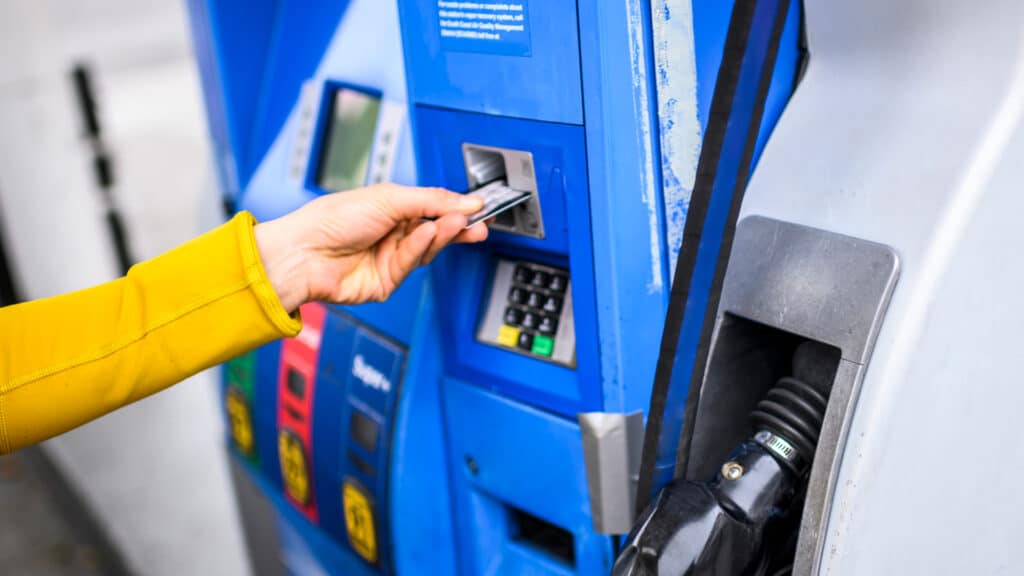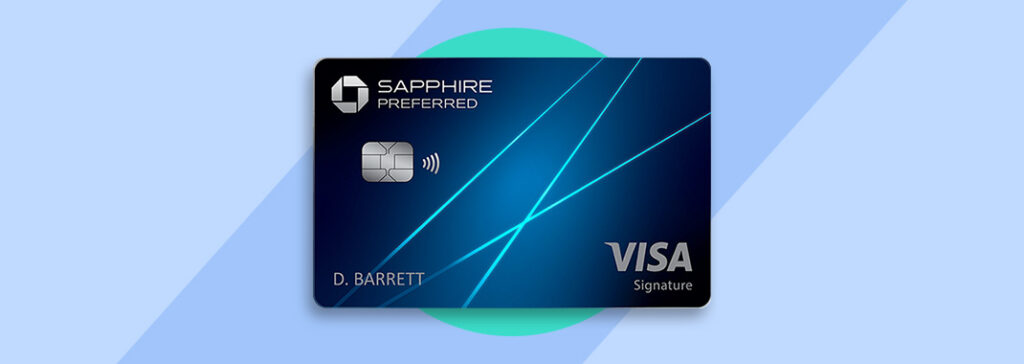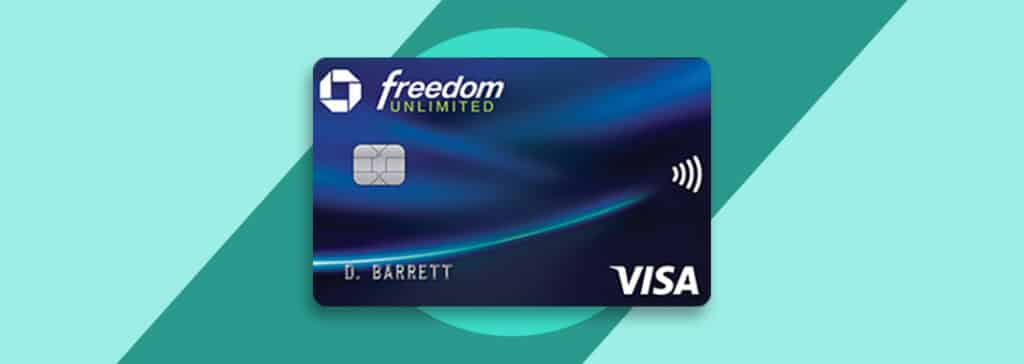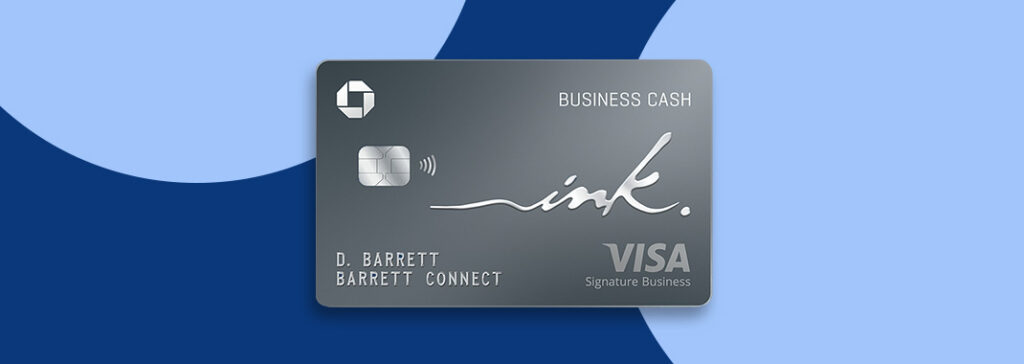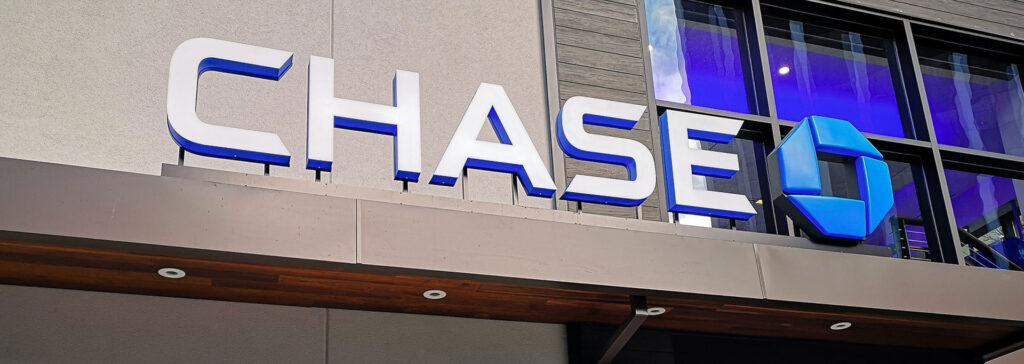Most products on this page are from partners who may compensate us. This may influence which products we write about and where and how they appear on the page. However, opinions expressed here are the author's alone, not those of any bank, credit card issuer, airline or hotel chain. This page may include information about American Express products currently unavailable on Slickdeals. American Express is not a partner of Slickdeals.
Getting a credit card is a big step toward adulthood for many teenagers. While some parents may worry about the potential for costly financial consequences, credit cards can also serve as a learning tool. Having a credit card also provides convenience and security, but more importantly, it can help students and teens build a good credit history.
Learn more about the reasons to consider getting a teen a credit card and factors to consider when choosing the best credit card for an 18-year-old.
5 Reasons Teenagers Should Have a Credit Card

Getting a credit card for a teen might seem like asking for trouble at first. However, there are several ways having a credit card can benefit a teenager:
- Build credit early: Using a credit card and paying its bills on time helps teens boost their credit score and establish a credit history. Having access to credit early on can help them later in life, especially if they decide to apply for a loan for a home or car.
- Get more protection than debit cards: Most credit cards come with zero liability protection, which means you're not responsible for unauthorized charges on your card. You're protected if your credit card is lost, stolen or used fraudulently.
- Learn financial management: A credit card is an excellent tool for establishing healthy financial habits like paying your bills on time and in full and not spending more than you can afford.
- Have peace of mind: Just because your teen has a credit card doesn't mean they have to use it. However, having a credit card comes in handy when an emergency requires a quick payment method.
- Earn rewards: Some credit cards for teens offer ways to earn rewards like cash back on everyday purchases or specific cash back categories like gas and restaurants. Your teen shouldn't focus on getting a credit card just to earn rewards, but it's a nice perk to have if included.

Best Student & College Checking Accounts Guide: Earn Up to $250 in Bonuses
What to Look for in a Beginner Credit Card

Not all credit cards for beginners are created equal. Some may offer better benefits than others.
Here are some features to consider when looking for a credit card for a teenager:
- Zero annual fees: Credit card issuers sometimes charge cardholders an annual fee. Annual fees can vary, with the highest fees reserves for luxury rewards credit cards. Many student credit cards and beginner cards come with no annual fee. Inquire about an annual fee before applying for a card.
- Security: You want a card that offers identity theft protection in the event the card is stolen or lost.
- Credit limit: A high credit limit can be dangerous for a teen who may be new to money management. Find a card with low credit limits to start slowly and build the proper financial habits.
- Credit score requirements: Card issuers perform a credit check to determine a person's qualifications when applying for a card. Look for cards with lower credit score requirements so your teen is more likely to qualify.
- Interest rates: Without established credit, you could end up with higher interest rates, but some beginner cards may offer more favorable rates than others.
- Other fees. Pay attention to additional fees charged by card issuers. Late payments are not only costly but they can decrease one's credit score.
Review a credit card's benefits before your teen applies for a credit card to ensure they are eligible for the card and it offers features important to them.
FAQs
-
Yes, you can sign a credit card agreement at 18. However, it might be difficult to secure a credit card before turning 21 because of underwriting requirements. You'll need to show proof of a steady income source or use a cosigner to qualify for most credit cards.
-
Start your credit card journey by establishing healthy financial habits like spending within your means, paying your card on time and not carrying a balance over month to month.
-
Debit cards and credit cards both offer opportunities to build solid financial habits. Debit cards draw on funds in the bank, while you borrow against a credit limit with credit cards. Credit cards typically offer better consumer protections against fraud than debit cards, although debit cards have started offering more protection recently. Determine your needs to choose the most suitable card option for your teenager.
-
You must be at least 18 to get your own credit card. Typically, you'll need to show you have a steady source of independent income or use a cosigner to qualify for a card if you're under 21.
Best Cash Back Credit Cards
Visit the Marketplace


